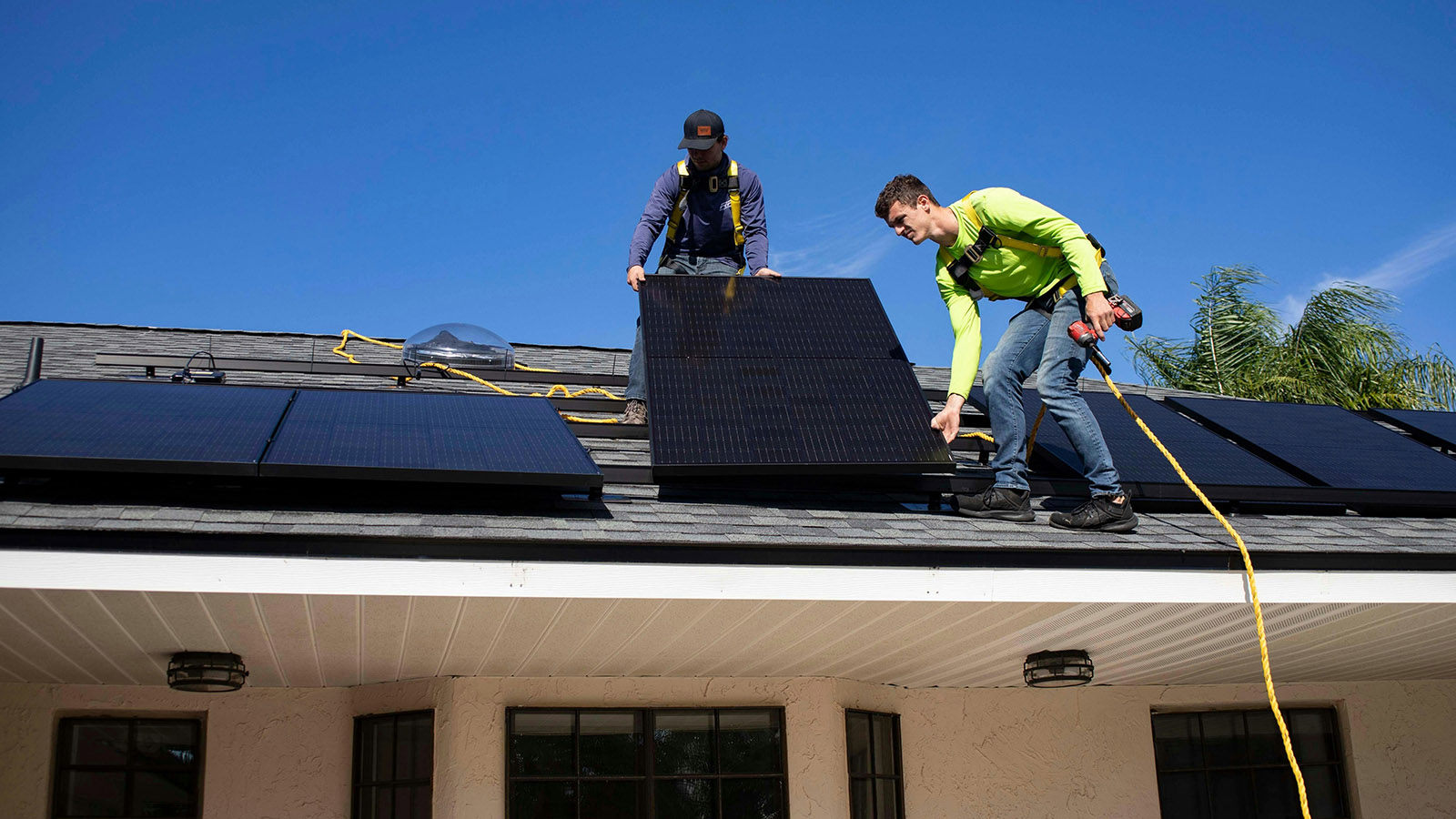Renewable Energy Jobs in United Kingdom tagged "Hydropower"
-
Hybrid Full Time 2 months ago
-
ExpiredUnited KingdomHybrid Full Time 2 months ago
-
ExpiredGlasgow, Scotland, United Kingdom + 5 locationsFlexible Full Time 2 months agoGBP 59k–68k yearly
-
ExpiredGlasgow, Scotland, United Kingdom + 1 locationHybrid Full Time 2 months ago
-
ExpiredGlasgow, Scotland, United KingdomHybrid Full Time 2 months ago
-
ExpiredGlasgow, Ireland + 1 locationHybrid Full Time 2 months ago
-
ExpiredPitlochry, United KingdomOn-site Full Time 2 months agoGBP 13k–32k yearly
-
ExpiredPitlochry, United KingdomFlexible Full Time 2 months agoGBP 25k–29k yearly
-
ExpiredDublin, IrelandHybrid Full Time 2 months ago
-
ExpiredDublin, IrelandHybrid Full Time 2 months agoGBP 55k–83k yearly
-
ExpiredAberystwyth, United KingdomHybrid Full Time 2 months ago
-
ExpiredAberystwyth, United KingdomOn-site Internship 2 months ago
-
ExpiredCannich, Scotland, United KingdomOn-site Full Time 2 months agoGBP 33k–38k yearly
-
ExpiredBristol, United KingdomOn-site Full Time 2 months ago
-
ExpiredLondon, United KingdomHybrid Full Time 2 months ago
Hydropower in Renewable Energy
Hydropower, a form of renewable energy, harnesses the energy of flowing water to generate electricity. It is one of the oldest and most widely used renewable energy sources, contributing significantly to the global energy mix. Hydropower projects can range from small-scale installations, such as micro-hydropower systems, to large-scale dams and reservoirs.
Typical Responsibilities
Professionals in the hydropower sector are involved in various roles, including project management, engineering management, and environmental management. Their responsibilities may include designing and overseeing the construction of hydropower plants, conducting environmental impact assessments, and ensuring compliance with regulatory standards.
Required Skills and Qualifications
Key skills for hydropower professionals include expertise in civil engineering, hydrology, and environmental science. A bachelor's degree in engineering or a related field is typically required, with advanced positions often necessitating a master's degree or professional certifications. Familiarity with software tools for modeling and simulation, such as AutoCAD or HEC-RAS, is also beneficial.
Impact on Renewable Energy Projects
Hydropower plays a crucial role in providing a stable and reliable source of electricity, supporting the growth and sustainability of renewable energy initiatives. It offers a low-carbon alternative to fossil fuels and can help balance the grid by providing baseload power and peak load support.
Industry Trends and Market Demand
The demand for hydropower professionals is expected to grow as countries aim to increase their renewable energy capacity. Innovations in turbine technology and the development of small-scale hydropower systems are expanding opportunities in the sector. Additionally, there is a growing focus on retrofitting existing dams to enhance efficiency and reduce environmental impacts.
Career Opportunities and Pathways
Career opportunities in hydropower range from entry-level positions in construction and operations to senior roles in project management and policy development. Professionals can advance to leadership positions or transition into related fields such as energy management or sustainability.
Examples of Real-World Applications
Companies like Voith Hydro and Andritz Hydro are known for their work in the hydropower sector, providing technology and services for hydropower plants worldwide. Smaller firms, such as Natel Energy, are innovating with low-head hydropower solutions that minimize environmental impact.
Regional or Regulatory Considerations
Hydropower projects must comply with various regional and international regulations, including water rights and environmental protection laws. In the European Union, for example, the Water Framework Directive plays a significant role in shaping hydropower development.
Challenges and Future Directions
Challenges in the hydropower sector include environmental concerns, such as habitat disruption and water quality issues. However, advancements in fish-friendly turbines and sediment management are addressing these challenges. The future of hydropower lies in sustainable development practices and the integration of new technologies to enhance efficiency and reduce ecological impacts.
Featured Jobs ⭐
Renewable Energy Blog Posts
Browse our latest blog posts covering a range of topics in renewable energy, from interviews and educational content to timely reports.
-

Renewable Energy Forecast for 2030
By 2030, renewables are poised to supply nearly half of global electricity, with solar and wind leading this explosive expansion. In this data-driven piece, we explore job creation forecasts, supply chain bottlenecks, and policy hurdles. -

Fastest Growing Renewable Energy Sector: Data and Trends
In 2023, solar photovoltaics surged by 32.59%, officially making it the fastest-growing renewable energy source worldwide. Yet offshore wind, which soared by 57.87% in 2021, remains a formidable competitor in total electricity output due to its high capacity factor. This concise overview highlights how policy incentives, cost reductions, and manufacturing advances are propelling solar to the forefront of the global energy transition. -

Career Opportunities in Solar Energy
The solar energy sector is experiencing unprecedented growth, with over 7.1 million jobs in solar PV alone as of 2023. For professionals considering a career shift into renewable energy, solar offers pathways across R&D, manufacturing, project development, and operations.




